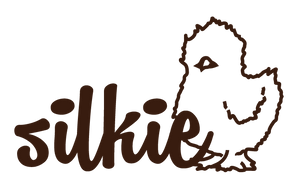TCM vs West - Prostate

Lifestyle and diet are the main contributors to Prostate issues from TCM's perspective.
There are fundamental differences how Western and Eastern medicine approaches an enlarged Prostate.
In Western Medicine
In Western Medicine common prostate problems consist of acute/chronic bacterial prostatitis, BPH (Benign prostatic hyperplasia, enlargement of the prostate gland), and chronic prostatitis.
In TCM (Traditional Chinese Medicine)
The Prostate gland is part of the Kidney system according to TCM. There are two types of prostate enlargement problem, Excess and Deficiency. Excess is due to Damp-Heat pathogens lodged in the Lower Jiao (Lower Burner) which causes pain. Deficiency is due to deficiencies in the Kidney and Spleen.
Symptoms
Different individuals may experience different symptoms including:
- Trouble with urination
- Weak urine stream, and not feeling empty after urination
- Dark urine sometimes with strong odor, possible blood in the urine
- Pain or burning sensation during urination
- Frequent and dribbling urination
- Loose stool, poor appetite, may experience lower back pain.
Diet & Prevention
Avoid oily and fatty foods which create Dampness. Avoid spicy food which perpetuates Heat. Avoid alcohol which worsens both Heat and Dampness.
In Traditional Chinese Medicine the following herbs are recommended for individuals with an enlarged Prostate
- Christina Loosestrife
- Forsythia
- Common
- Turmeric Root
- Hawthorn Fruit
- Licorice Root
These statements have not been evaluated by the Food and Drug Administration.These products are not intended to diagnose, treat, cure or prevent any disease.

